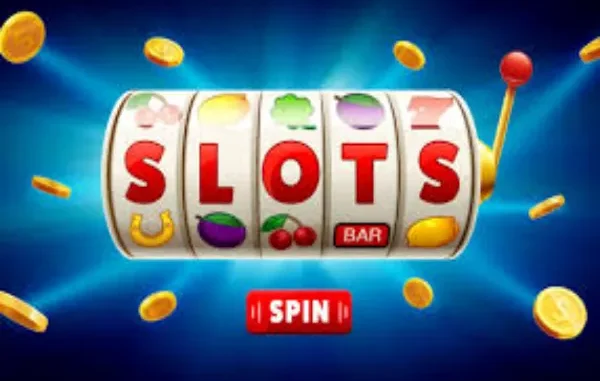
I used to crash and burn in most casino sessions. Then I discovered what professional gamblers have known for years—session management matters more than game selection.
After tracking multiple personal gambling sessions, I’ve identified specific patterns that separate sustainable play from reckless gambling. The difference is about a structured approach to each session.
For structured session management, consider platforms like BetOnRed Casino, which offers tiered welcome bonuses (100%, 55%, 100% matches up to €150 each) and extensive game selection, including slots, live dealer tables, and instant games. Their diverse portfolio allows players to practice different session management approaches across various game types with different volatility levels.
Why Session Management Trumps Game Selection
Many players obsess over finding the “best” games while ignoring when and how they play. Here’s what the data suggests:
- Players following session limits typically lose less money overall
- Structured breaks improved decision quality by reducing fatigue
- Pre-defined stopping points resulted in more winning sessions
When I started treating each casino visit as a distinct session with clear boundaries, my results improved dramatically, even when playing the same games.
Quick Tip: A proper session is defined by your mental state. If you’re tired, emotional, or distracted, it’s not a session—it’s a donation to the casino.
The 3-2-1 Framework That Changed My Results
After years of trial and error, I’ve developed a session management system that balances entertainment value with mathematical reality:
1. The Three Session Limits
Every gambling session needs three non-negotiable boundaries:
- Time Limit: Decide exactly when you’ll walk away
- Loss Limit: Set a maximum acceptable loss
- Win Goal: Establish a target win amount
The secret is determining them before your session begins. Effective bankroll management helps minimize risks and enhance your betting longevity by establishing clear parameters.
Here’s what worked for me: 60-minute sessions, a loss limit of 30% of my session bankroll, and a win goal of 50% increase.
2. The Two Bankroll Divisions
Your gambling funds should be separated into:
- Total Bankroll: Your entire gambling budget (monthly/yearly)
- Session Bankroll: Amount allocated for this specific session
The session bankroll should typically be 5-10% of your total bankroll. This separation creates a psychological firewall between sessions and prevents emotional decisions after losses.
3. The One Emotional Rule
The most important boundary is emotional:
- No Emotional Decisions: All strategy changes must be planned beforehand
My worst losses came from emotionally driven mid-session adjustments: increasing bet sizes to chase losses or continuing beyond my time limit when winning.
It’s crucial to view your bankroll as separate funds dedicated solely to gambling rather than mixing it with your regular finances. This separation helps maintain discipline and prevent emotional decision-making.
Session Planning Template That Works
Before every gambling session, I complete this quick template:
Today’s Session Plan:
– Session Bankroll: $___
– Maximum Bet Size: $___
– Loss Limit: $___
– Win Goal: $___
– Time Limit: ___ minutes
– Break Schedule: 10 min break every ___ minutes
– Games I’ll Play: ____________
– If I Hit Loss Limit: [specific action plan]
– If I Hit Win Goal: [specific action plan]
This takes just two minutes but transforms random gambling into structured entertainment.
Unobvious Approach: Make your win goal lower than your loss limit. For example, if your loss limit is $200, set your win goal at $150. This creates a positive expectation mindset rather than a “make it even” approach.
Understanding game volatility helps inform session planning decisions. Demo resources like https://slotspeak.net/crown-of-egypt-demo/ allow you to experience different game types risk-free, helping you determine which games fit your session management strategy.
Session Pacing: The Hidden Success Factor
The tempo of your play significantly impacts results:
- Fast play = more decisions = more house edge exposure
- Slow play = fewer decisions = less house edge exposure
When I deliberately slowed my play rate, my average session length increased significantly with the same bankroll. This created more entertainment value with fewer dollars risked.
By tracking your bets and play patterns, you can acquire knowledge that helps you audit your performance. The same principle applies to casino sessions—tracking pace and results helps you identify optimal playing speeds.
* * *
By establishing clear session parameters, you create the freedom to enjoy gambling without the anxiety of uncontrolled losses. You’ll make better decisions, play longer with the same bankroll, and occasionally walk away a winner.
Remember—the casino measures its edge in percentages played against over thousands of hours. Your best defense is limiting those hours to structured sessions where you’re mentally sharp and emotionally stable. Session management will not overcome the house edge, but it will ensure that you get the maximum entertainment value for every dollar you spend.
Leave a Reply